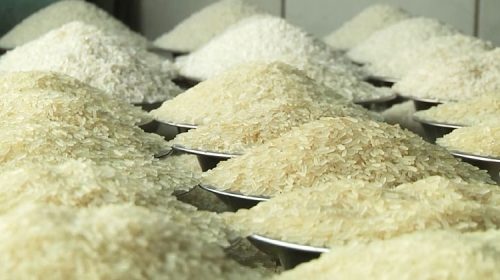In every tea shop in Bangladesh, even on the streets, numerous cigarette butts, locally called Motha, can be seen. Cigarette butts fall into the drain; from there, they go through the river to the sea. According to the data of the National Board of Revenue (NBR), about 80 billion cigarettes are sold every year in Bangladesh alone. Naturally, these 80 billion cigarettes are being thrown everywhere. Deadly harm to public health and the environment Plastics in cigarette butts pose a deadly threat to people, the environment, water, and biodiversity around the world.
According to research, 136,000 plastic filter cigarette butts are thrown into the world every second. That is, around 6 trillion cigarettes are consumed worldwide every year. According to the statistics of 2018, 65% of the cigarette butts containing plastic, or 4 trillion cigarettes, are thrown away by the world’s 1.2 billion cigarette consumers. These plastic cigarette butts end up in the sea through drains filled with rainwater. So this cigarette butt with plastic is at the top of seawater and environmental pollution. These facts have been highlighted in the report of the international organization Greenbuts.com.
It may sound surprising, but it is true: each cigarette butts can pollute up to 500 liters of water. That’s why it is said that the world’s plastic environmental pollution is single-handedly at the top of this cigarette filter butt. Because cigarette filters are made from a type of plastic called cellulose acetate, which is not biodegradable at all, many people think they are biodegradable, but they are not. It takes 18 months to 15 years for each cigarette to break down and decompose. These data have been presented in the study of Earth and Environmental Science. As a result, the discarded cigarette butts of smokers are fatally harmful to marine life, including fish.
Because eating fish or even food from aquatic animals allowed the tiny plastic particles in these butts to enter the human body. Hence, these plastic cigarette butts have a fatal negative impact on the entire food chain. As a result, on the one hand, people are suffering from various diseases, including heart and lung disease, cancer, and stroke, through direct consumption of cigarettes; on the other hand, due to water pollution through cigarette butts, these cigarettes are causing mortal danger to the human body, environment, and biodiversity. Millions of people in the country are being harmed indirectly by cigarettes, even without smoking.
The Ocean Conservancy International’s beach clean-up campaign collects 6 million cigarette butts from beaches every day. According to the agency, the second-top polluter of seawater is packaged food packaging, numbering 3.8 million.
If cigarette butts 20 mm long and 7.0 mm wide are arranged in a row, their distance will be equal to 6 thousand 240 square kilometers. This is equal to 624 thousand hectares of land. With which the world’s tallest building, Burj Al Khalifa, can be covered 11,000 times with this discarded cigarette butt. As a result, this statistic is enough to understand how much environmental damage is caused by the plastic butt of this cigarette, even if it is small.
An article by another international research organization, Visual Capitalist, details the environmental damage of plastic cigarette butts. As a result, in addition to protecting public health, protecting the environment of the world, including water and biodiversity, and controlling the use of cigarettes, there is no alternative to stopping throwing plastic butts wherever there is one. The Honble Prime Minister has announced and promised to make Bangladesh tobacco-free by 2040. Therefore, it is very important for government agencies to take effective initiatives to stop the use of tobacco products, including cigarettes. If not, it will be difficult to bring down tobacco consumption to 5 percent within the desired time frame and create a tobacco-free Bangladesh.
sinhasmp@yahoo.com






















